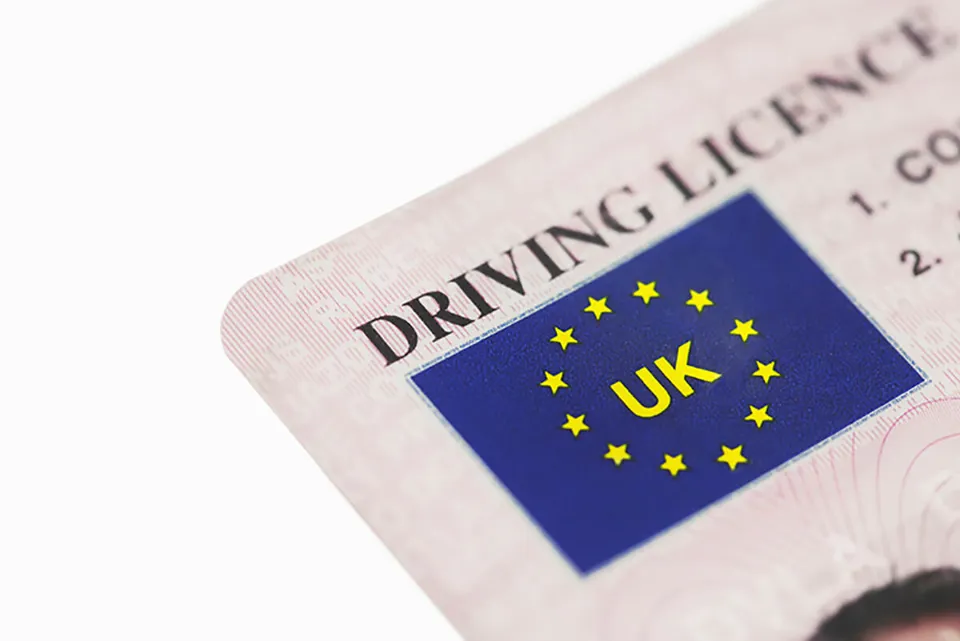A man from Liverpool accumulated 45 licence penalty points in November, according to figures released by the DVLA following an Institute of Advanced Motorists freedom of information request.
The points were all for failing to disclose the identity of the driver or exceeding statutory speed limit on a public road, between 01 October 2012 and 20 June 2013. It beats the previous record of 42 points.
The second-highest points total, 36, went to a man from Warrington, Cheshire, who was caught driving without insurance six times in less than two weeks, between 20 February and 2 March 2012.
Other notable offenders include:
- A woman from Lincoln with 34 points, who was caught speeding three times and failed to give information to identify the driver four times between January 15, 2012, and September 26, 2012
- A woman from Hull with 31 points, who was caught speeding eight times in two months, between September 29, 2011, and November 29, 2011
- A man from Westcliff-on-Sea, with 30 points who was caught speeding six times in just two weeks, between September 30 and October 13, 2012.
Failing to give the identity of the owner, speeding, and driving uninsured are the most common reasons for points.
Of the top 20 licence-points holders, only three are women.
IAM chief executive Simon Best said: "Last September, the IAM highlighted a driver with 42 points on their licence and we were told that more would be done to address the issue. Incredibly, we now have someone driving with 45 points.
"The DVLA must rapidly overhaul their systems and working relationships with the courts to ensure that the whole principle of 12 points and you are off the road is not undermined.
"Any suggestion that some drivers may be able to speed with impunity and then talk themselves out of a ban puts our whole approach to enforcement into question. The police and the motoring public need to have confidence that those caught speeding or breaking other motoring laws will be dealt with equally."
Drivers reaching or exceeding the 12-point threshold where a ban is considered may be allowed to continue to drive in some circumstances at the discretion of the courts. If the court considers a disqualification from driving is likely to cause exceptional hardship such as losing a job or failing to provide care for a dependent it might allow the defendant to continue driving, although a fine would still be imposed.


















Tony Merrygold - 07/01/2014 12:05
Surely the answer is simple. 12 Points and you lose your licence. I am not sure whether this means for 3, 6 or 12 months. So for each 12 months you should lose your licence for the same period. To run consecutively. Assuming 12 months per ban then 45 points = 3 years ban plus a remaining 9 points - let's call it another 9 months. So the guy doesn't get to drive for 3 years and 9 months. It also sounds like he needs to take his test again.